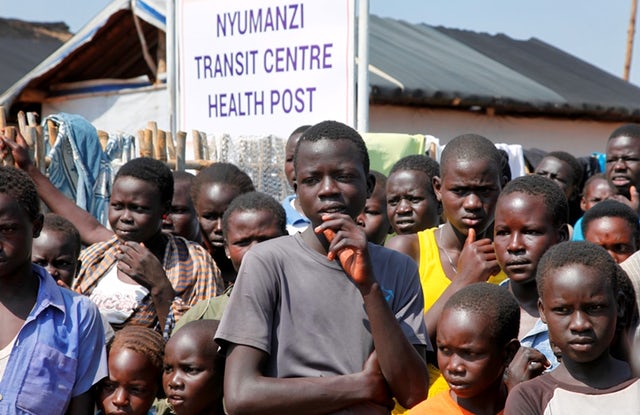Aid agencies appeal for funding for over 2 million S. Sudan refugees
March 20, 2021 (GENEVA) – The United Nations Refugee Agency (UNHCR), and partners are appealing for $1.2 billion to provide vital humanitarian assistance for more than 2.2 million South Sudanese refugees living in five neighbouring countries in 2021.
South Sudan gained independence a decade ago, but millions of its population are still displaced inside or outside the country.
The crisis continues to be a children’s one with more than 65 per cent of the refugee population under 18, including 66,000 children who have been separated from their parents or usual caregivers, according to aid agencies.
However, while some progress has been made in implementing the latest peace agreement, humanitarian and protection needs remain high for the largest refugee situation on the African continent.
The majority of South Sudanese refugees are hosted in relatively remote and under-developed areas. The COVID-19 pandemic combined with climate change-related challenges including severe flooding, droughts and desert locusts have compounded an already dire situation.
Funding, UNHCR said, is urgently needed to provide life-sustaining assistance, including shelter, access to safe drinking water, education and health services.
Food shortages are particularly acute with insufficient funding already leading to ration cuts impacting hundreds of thousands of refugees, it noted.
With the pandemic taking a toll on socio-economic conditions for both refugees and host communities, this year’s response includes a renewed and increased focus on resilience and supporting livelihoods.
Humanitarian partners will also intensify gender-based violence prevention and response, and prioritize support to persons with specific needs, including strengthening child protection programmes and scaling up psychosocial and mental health support.
According to UNHCR, the Democratic Republic of the Congo (DRC), Ethiopia, Kenya, Sudan and Uganda continue to generously host South Sudanese refugees and to take steps towards their inclusion in national systems – including health and education, in line with the Global Compact on Refugees.
“We are calling for renewed support from the international community to support their efforts,” it stressed.
While some 350,000 refugees have independently made the decision to return to South Sudan since 2017, and efforts are being made to move the peace process forward and support these returns, conditions are not yet in place for large-scale returns and funds are needed now to help the refugees and the local communities that have welcomed them.
(ST)

